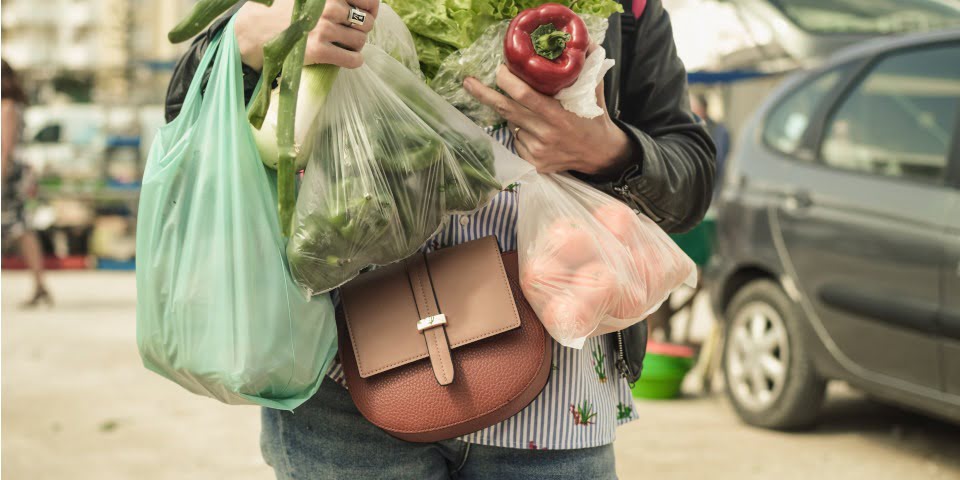With the next phase of single-use-plastics bans coming into effect in South Australia and Western Australia from 1 September, the Australian Retailers Association (ARA) has renewed calls for national alignment and a more common-sense approach to the legislation.
ARA CEO Paul Zahra says plastic reduction is a key focus for retailers, but an inconsistent government approach creates inefficiency and higher costs.
“Retailers recognise the importance of meeting environmental harms and support the bans despite higher costs associated with the rollout,” he says.
“However, the fragmented state-by-state approach to managing the bans means this transition has been more costly and taken longer than necessary. That’s why the ARA continues to advocate for a national framework for plastics bans, to reduce complexity and cost for all parties.”
Changes coming into effect from 1 September are:
- SA: plastic barrier bags, thick supermarket or boutique-style plastic bags, single-use plastic beverage containers including coffee cups, expanded food and beverage containers including gelato tubs, polystyrene trays used for meat, fruit and other food items.
- WA: produce bags for loose fresh fruit and vegetables, lids for disposable food containers, bowls, plates and trays.
To help retail businesses navigate these changes, the ARA has developed an online resource at retail.org.au/plastics including on-demand webinar content and an overview of bans across the country.
The ARA has raised broader concerns that the alternatives currently available to replace some of the items to be banned in SA and WA are not fit-for-purpose for hospitality and QSRs.
“We believe the alternative packaging these changes are forcing some retailers to use increase food safety risks and present an unreasonable burn risk to employees and customers,” says Mr Zahra.
“Our transition to more sustainable packaging must not have the unintended consequences of creating food safety risks and consumer risks. We are advocating for government to take an ‘education before enforcement’ approach to these bans.”


